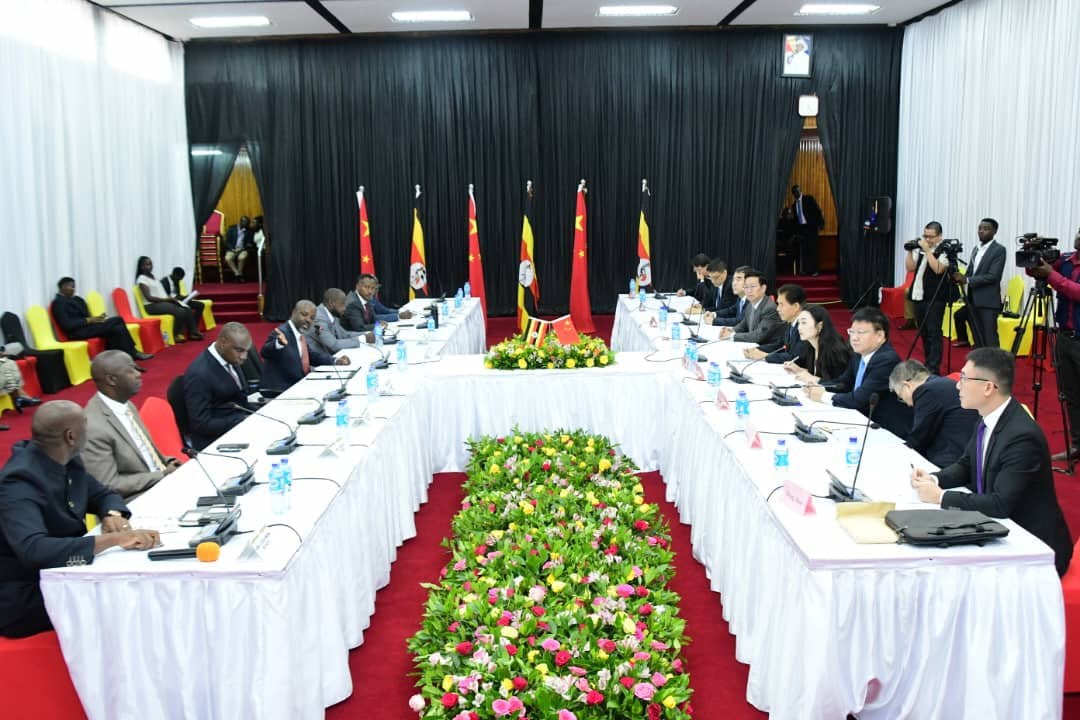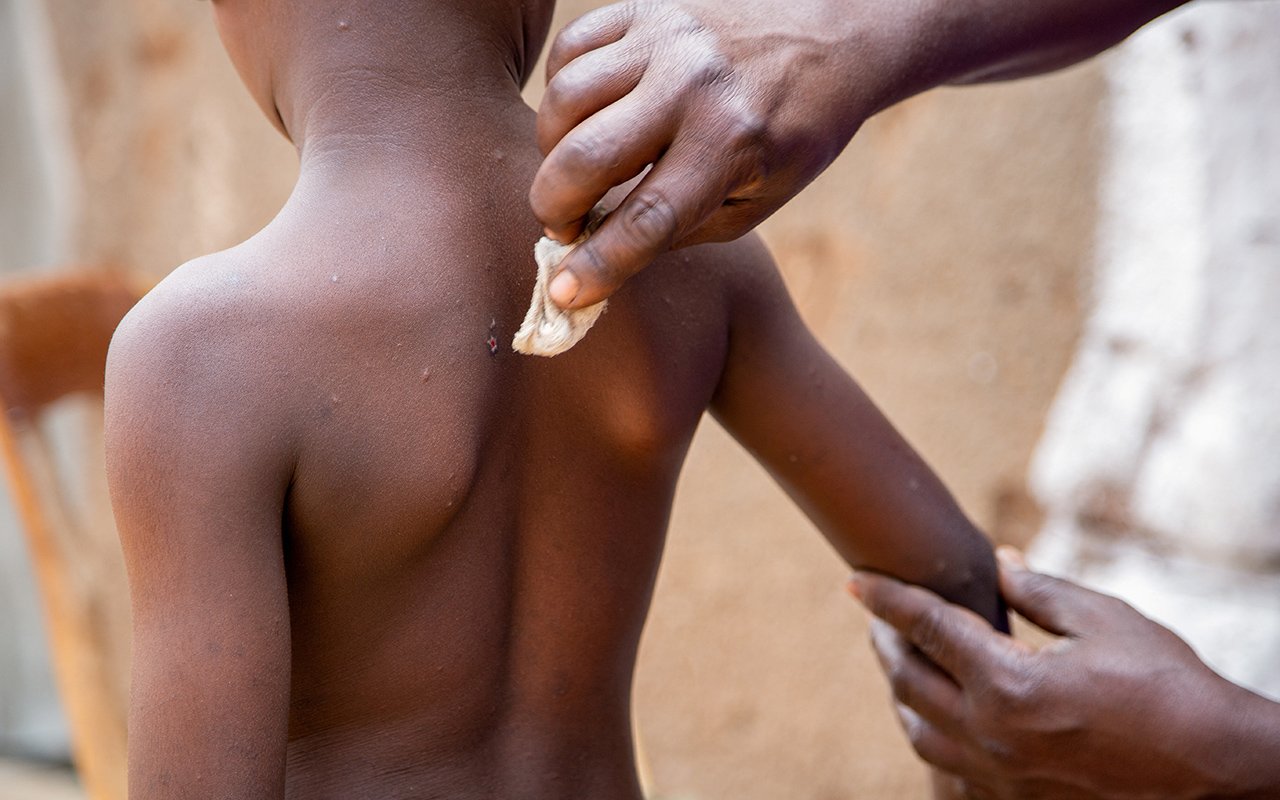Prime
Fighting Covid-19 related stigma

One of the biggest fears is that patients who have recovered from the illness might still be infectious even after being cleared by authorities. NET PHOTO
What you need to know:
- Last week, patients who had recovered from Covid-19 were discharged from Entebbe Grade B hospital and released back into their respective communities. However, how will they be received?
Recent reports about the recovery of eight coronavirus patients have given hope to a number of people living with uncertainty caused by the coronavirus pandemic.
According to the latest statistic, 485,861 people have recovered from coronavirus worldwide.
As survivors get ready to go home, health experts note the need to prepare communities to prevent stigma.
According to Dr John Ambrose Bukenya from AAR Healthcare, people have a deep-seated need to understand events in order to accept them. “Failure to understand things breeds confusion, stereotypes, prejudice, and discrimination. It becomes dangerous when we change the question from what is to blame to who is to blame. Blaming people for an illness they have fallen victim to can be as harmful as the illness itself,” notes Dr Bukenya.
One of the most dangerous responses to social stigma is fear. “No one wants to be an outcast in their community. Therefore making the disease seem worse than it is or referring to patients with demeaning terms will discourage others from speaking up even when they suspect infection.
In short, people will try to hide their illness to avoid discrimination, thereby infecting and killing many others,” the doctor explains.
Don’t spread panic
Dr Moses Semulya notes that understanding the disease itself empowers people to adopt a more positive attitude which enables them to treat patients more humanely.
“We are living in a period of such uncertainty and fear and treating each other with a little kindness can go a long way. Bullying shunning or shaming each other will not make the problem go away faster, if anything it makes it stay longer,” he says.
Dr Semulya cautions against buying into irrational fear and spreading panic. “Because sneezing and coughing are some of the symptoms of Covid-19, it does not mean every person sneezing and coughing has it.
The presence of coronavirus has not removed other illnesses such as the common cold or cough. Before you publicly shun someone sneezing, put yourself in their shoes and think how you would feel if you were coughing or sneezing in public and people treated you badly. Do not do what you wouldn’t want done to you,” he advises.
He says groups of people who may be experiencing stigma because of Covid-19 include Persons of Asian descent, people who have travelled and emergency responders or healthcare professionals managing the suspected cases, among others.
Information
Dr Bukenya points out misinformation and lack of health education as contributing factors to stigma. “Each one of us can help stop stigma related to Covid-19 by knowing the facts and sharing them with others in your community,” he urges.
People are concerned about recovered patients returning to their communities and the most effective way to address these concerns is to empower our communities to take action to protect themselves and avail them with the right information to stop them from being afraid of what they do not know.
One of the biggest fears is that patients who have recovered from the illness might still be infectious even after being cleared by authorities. The doctor notes that this being a relatively new virus, not much research has been done to determine how long a patient remains contagious after recovery.
So far, available research suggests that recovering patients with mild symptoms become low-risk around 10 days after they first fall ill.
“Although the virus could persist in the body for up to two weeks after symptoms had vanished; as the patients were no longer coughing or sneezing, the potential means of transmission were albeit much reduced,” research from Wuhan University’s Zhongnan Hospital in China revealed.
On average, a person who is infected with SARS-CoV-2 will feel ill for about seven days from the onset of symptoms. Even after symptoms disappear, there still may be small amounts of the virus in a patient’s system, and they should stay isolated for an additional period to ensure they have truly recovered and are no longer infectious.
According to World Health Organisation people who have recovered from the virus and are no longer displaying any symptoms could still remain contagious for up to two weeks.
As such, the World Health Oeganisation (WHO) has warned that quarantine measures should be extended for a further fortnight after recovery as people may still be contagious.
Based on this new guidance, it could mean that some people will be in quarantine for up to a month.
WHO Director General Tedros Adhanom Ghebreyesus told a press conference in Geneva: “People infected with Covid-19 can still infect others after they stop feeling sick, so these measures should continue for at least two weeks after symptoms disappear.
“Visitors should not be allowed until the end of this period.”
Recovered patients can become ambassadors
A number of Covid-19 survivors, who have so far won the battle with the virus, are battling another scourge; social stigma arising out of misinformation and panic surrounding the pandemic.
However, not just recovered patients but also their families too are facing taunts and social discrimination to every stage of the disease whether its pre-diagnosis, treatment or post cure.
According to Dr Yesse Mutabazi, many are being branded as Covid patients, corona family within our communities as majority are pointing fingers at their houses.
“In other words, many are not free, unwelcome and uncomfortable. Once a patient is cured, they become immune and are safe to get back to the community,” he notes.
The ministry of health, health professionals, and political leaders should be able to start campaigns against this discrimination and educate citizens that cured patients are not a danger to the community.
“More importantly, the cured patient should be used to create awareness. They can become ambassadors of hope against the illness,” he suggests.




